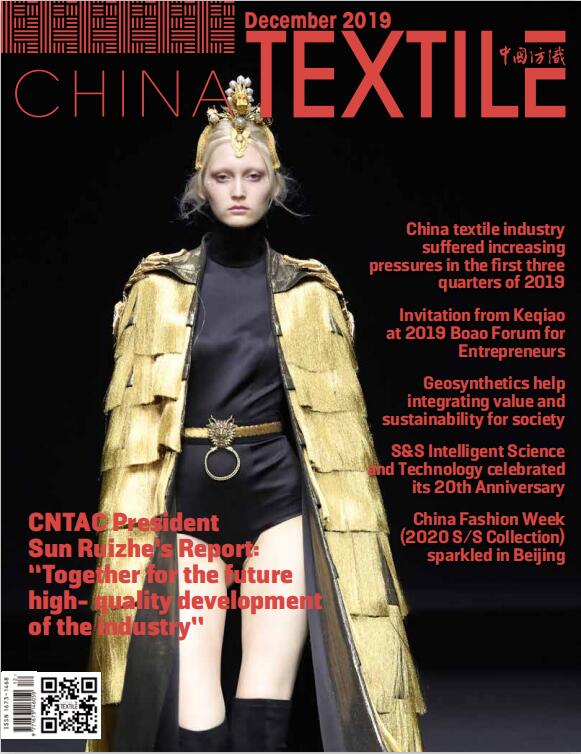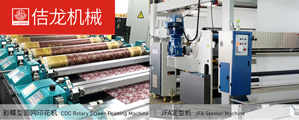National cotton organizations have voiced their appeals to the industry to cope with the crisis
May 14, 2020 | by Zhao xh

Since the beginning of this year, a sudden COVID-19 pandemic has ravaged the world, severely disrupting the normal production and living order, and bringing an unprecedented trading environment to the world. China and even the global cotton and textile industry have been hit hard.
1. The status quo of global cotton textile industry chain trade imbalance
In response to the current unilateral defaults by international brands and retailers, many national cotton and textile associations have successively sent letters to the CICCA, reflecting that their domestic cotton and textile orders have been cancelled or postponed, resulting in broken capital chains, unemployment of workers, bankruptcy of enterprises, etc. On May 7, CICCA issued a letter to the global cotton and textile industry, which stated that in today’s challenging era, the core principles of collaboration, communication and contract fulfillment are more important than ever. In an extreme trading environment, we should adhere to the principle of contract sacredness, cooperate with all parties in the industry chain, and work together to overcome difficulties and avoid any unreasonable measures that may lead to an imbalance in the international cotton market.
2. China Cotton Association strengthens communication and cooperation with international cotton organizations
On April 30, the China Cotton Association participated in the video conference of all members of CICCA and made the following recommendations:
2.1 National cotton associations should actively seek policy assistance for enterprises and call on their governments to support the cotton industry.
2.2 As an international cotton organization, CICCA should speak to the global industrial chain in the name of the collective and call on all parties to work together to overcome the difficulties.
2.3 In view of the large number of unilateral cancellations of orders by brands and retailers, resulting in the difficulties of the entire industry chain, it is recommended that CICCA and member associations to communicate with textile and apparel associations of various countries, and call on their members to jointly abide by the contract and safeguard the overall interests of the industry.
In the same period, the China Cotton Association held a conference call with the ACSA and the AAFA to exchange the current situation of Sino-US cotton affected by the global pandemic and proposed to continue to strengthen cooperation between the associations of the two countries. In an unprecedented difficult period, actively play the association’s communication and coordination role to help the industry overcome the difficulties together.
3. Policy recommendations
The cotton textile industry is a labor-intensive industry with a high degree of internationalization, a long industrial chain, and close links in all links, involving many companies. The COVID-19 pandemic will have a long-term impact on the global economy, leading to weak textile and apparel consumption in various countries for a considerable period of time in the future, there is a high risk of default in the industry, and a chain reaction is extremely likely. At present, changes in cotton and textile trade orders have affected cotton merchants and cotton growers. Therefore, we need to consider how to achieve cooperation and communication in the entire industry chain. Our association will continue to do related work and put forward the following suggestions:
3.1 It is recommended that the state include the cotton and textile industries as key support industries, and increase the support and guarantee of financial and taxation for key enterprises and SMEs in the industry. Give play to the role of key enterprises in stabilizing the market and provide them with the necessary support as an effective supplement to national macro-control.
3.2 It is recommended to provide foreign-related legal assistance to enterprises in need, in order to deal with possible foreign-related trade arbitration and other legal disputes, and to maximize the protection of corporate interests.
3.3 It is recommended that the government vigorously boost the domestic demand for cotton and textiles, guide the transformation and upgrading of export-oriented foreign trade enterprises, and maintain the continuous and stable development of the cotton and textile industry.
(Source: China Cotton Association)








